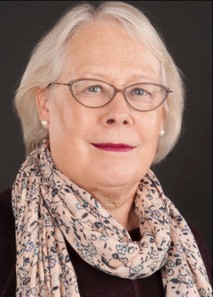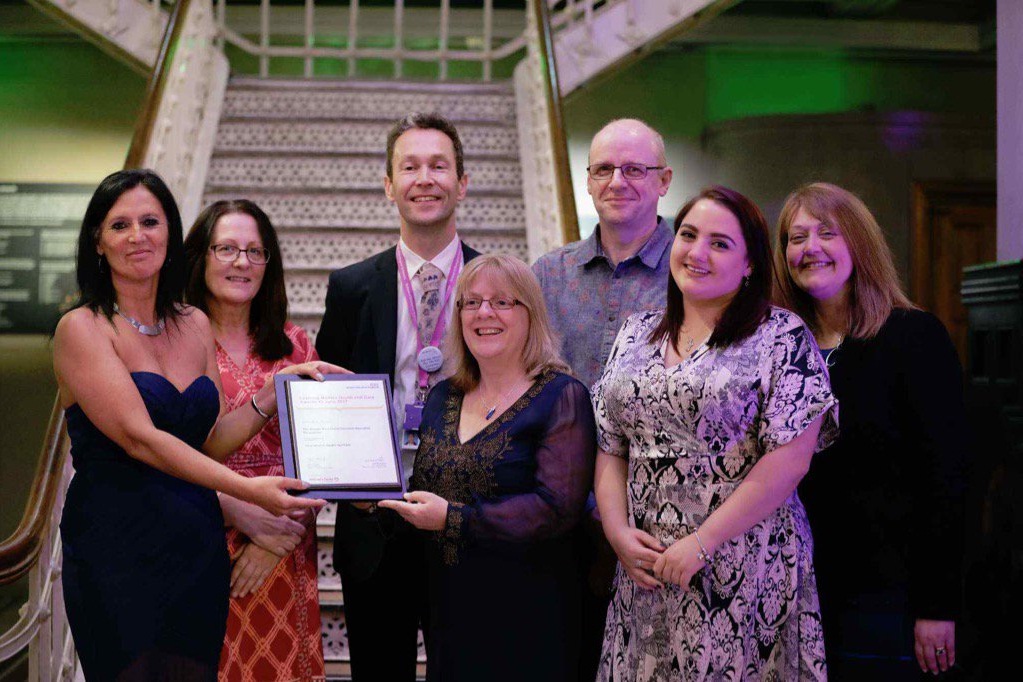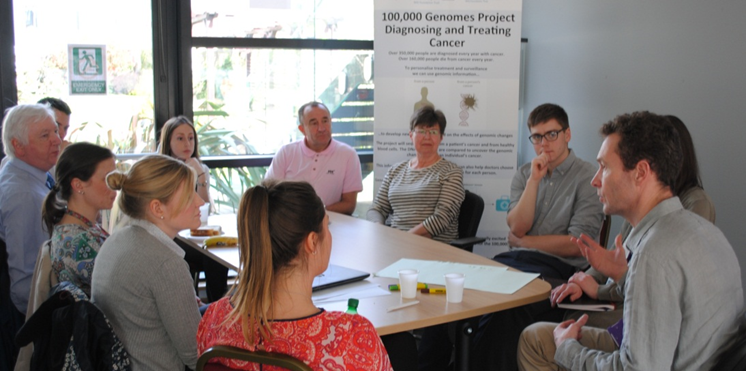Professor Dian Donnai receives American Society of Human Genetics Award

The American Society of Human Genetics (ASHG) has named clinical geneticist Dian Donnai, Clinical Head of Division at Saint Mary’s Hospital, as the 2017 recipient of the annual Arno Motulsky-Barton Childs Award for Excellence in Human Genetics Education.
The ASHG award recognizes an individual for contributions of exceptional quality and importance to human genetics education internationally. Awardees have had long-standing involvement in genetics education, producing diverse contributions of substantive influence on individuals and/or organizations.
Dr. Donnai’s efforts in human genetics education have reached large and diverse audiences, including clinical geneticists, genetic counselors, students, and the public. Her research at the Manchester Centre for Genomic Medicine has focused on understanding the underlying causes of developmental disorders in children.
Dr. Donnai will receive her award on Wednesday 18th October during ASHG’s 67th Annual Meeting in Orlando, Florida.
Find out more about the award on the AHSG website.
Professor Graeme Black awarded OBE
The Manchester Centre for Genomic Medicine’s Strategic Director, Professor Graeme Black, was awarded the Order of the British Empire (OBE) in the 2017 Queen’s Birthday Honours List. Also a Professor in Genetics and Ophthalmology at The University of Manchester, he has played an integral role in developing Manchester’s position as a leader in the field of inherited ophthalmic disease since joining in 1995.
Read a more about Professor Graeme Black’s OBE on the Royal College of Ophthalmologists website
Glenda Beaman wins HEE Innovation Award
Dr Glenda Beaman won the Learning Matters Health and Care Award in the category of Innovation in Health and Care for her work on the 100,000 genomes project. The award ceremony was held on 15th June 2017, at the Manchester Museum, with judges including senior staff from Health Education England, Voluntary Sector North West (VSNW), Public Health England (PHE), the Academic Health and Science Networks (AHSNs) and the Workers’ Education Association (WEA).

Her acheivements were noted in the event programme:
Dr Glenda Beaman, the project educational training lead, has trail blazed; working with experts, patients and clinical staff to jointly develop and deliver a multi-faceted, educational and training programme designed to provide healthcare professionals across Greater Manchester with the knowledge and confidence to refer to the project. This has involved establishing Genomic Cafés, grand rounds in hospitals, training for GPs and educational sessions for every foundation year doctor, plus regular talks at nursing forums; as well as significant patient and public engagement events to raise awareness. This work has impacted significantly on the number of genome referrals. Professor Newman said, with over 10,000 direct contacts “More people have been reached in one year than the previous twenty years. It is vital to harness the remarkable power of this new form of diagnostic testing and apply it for maximal patient benefit”
Ground breaking Genomic Medicine Centre celebrates two year milestone

The team at Greater Manchester NHS Genomic Medicine Centre, based at Saint Mary’s Hospital, recently celebrated their two-year anniversary delivering the pioneering 100,000 Genomes Project, reflecting on achievements so far and future developments for their work on the ground-breaking study.
The national initiative involves collecting and decoding 100,000 human genomes – complete sets of people’s genes- from NHS patients with rare inherited conditions and their close relatives, patients with cancer, and patients with certain types of infection. The project has the potential to transform the future of healthcare, improving prediction and prevention of disease, enabling new and more precise diagnostic tests, and allowing personalisation of drugs and other treatments to specific genetic variants.


